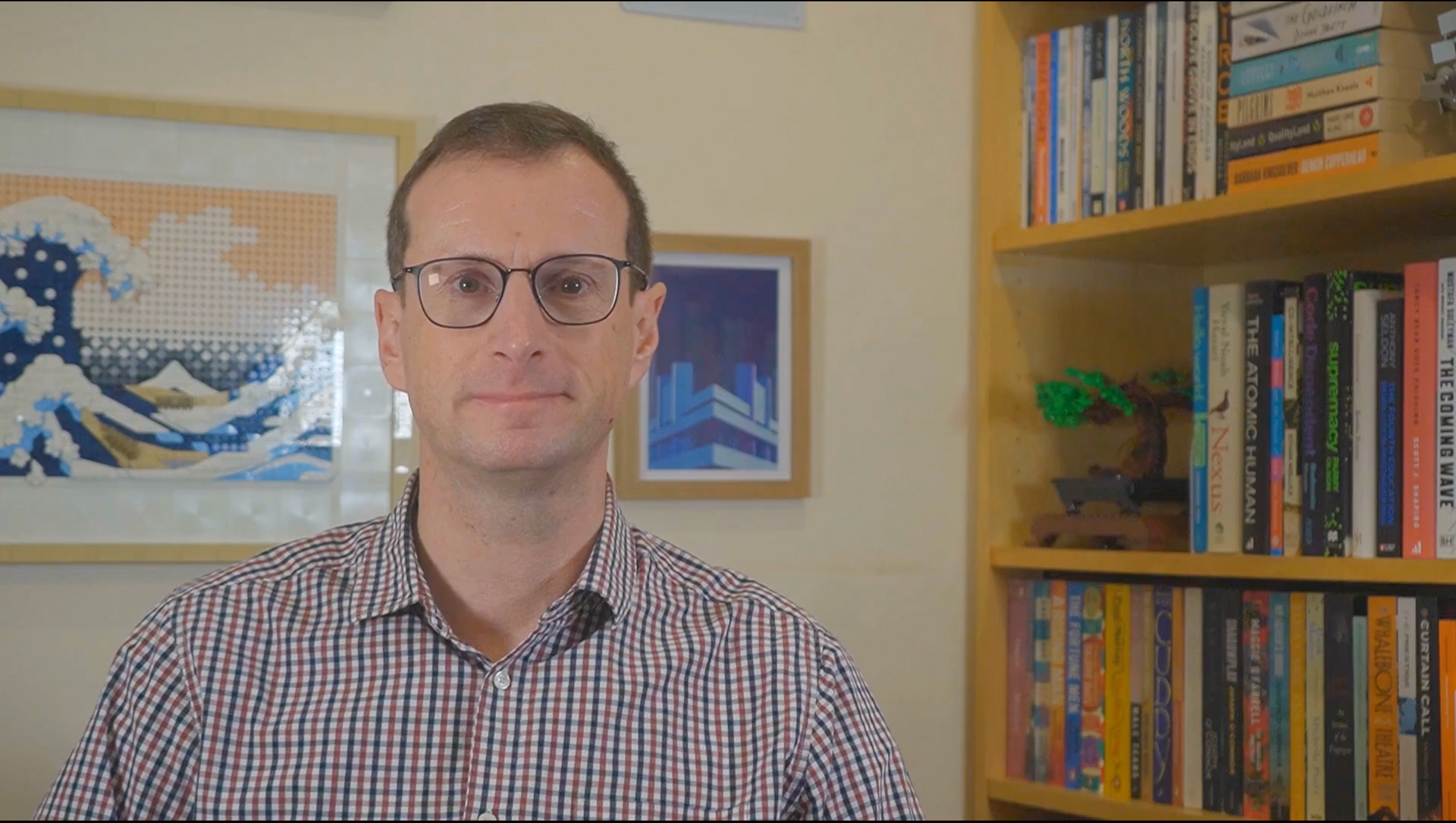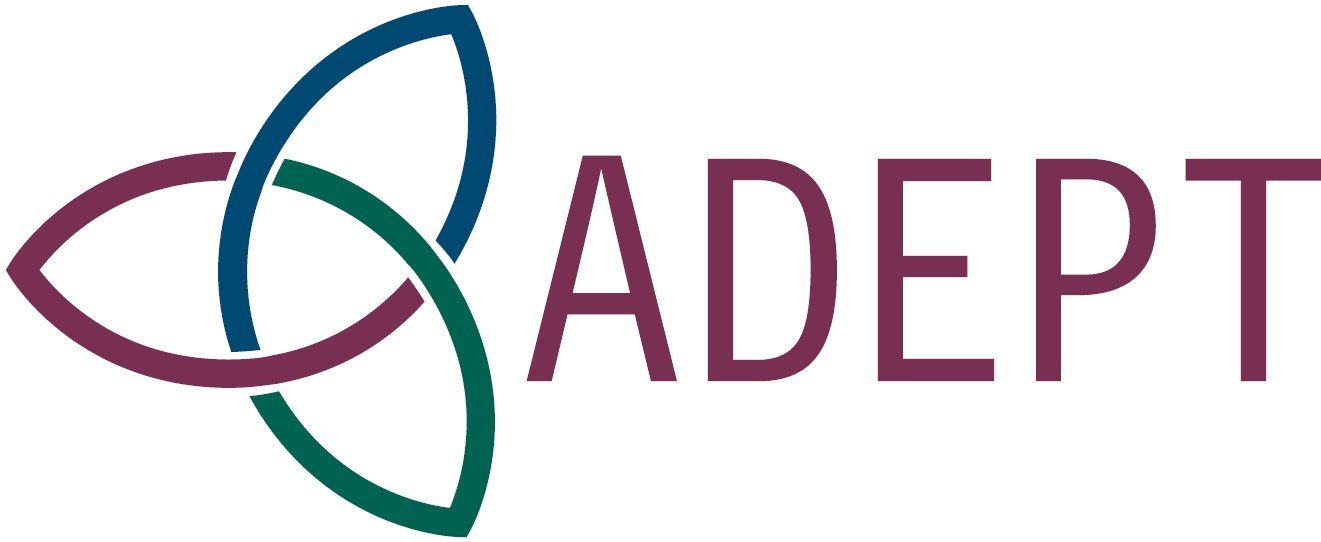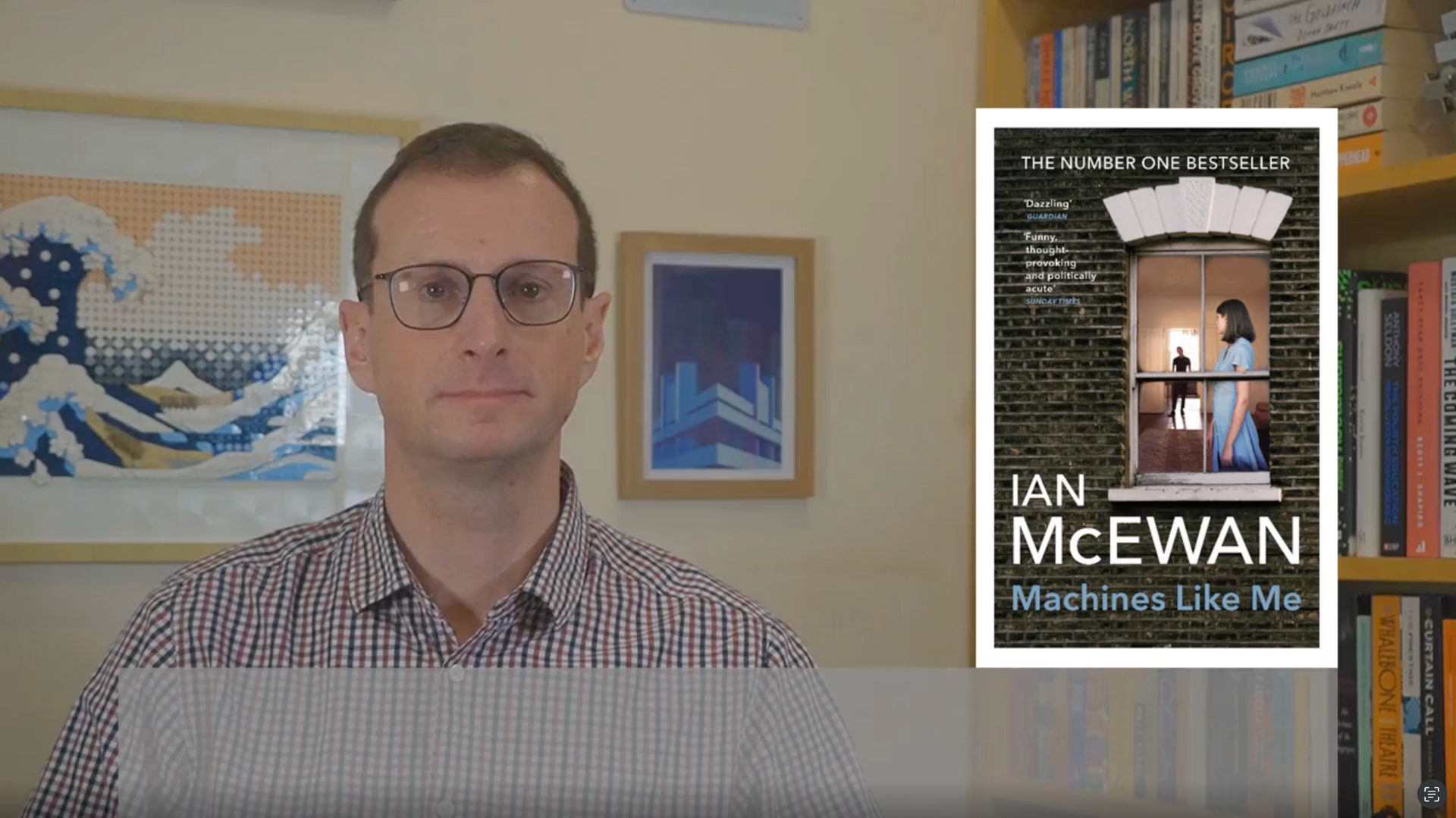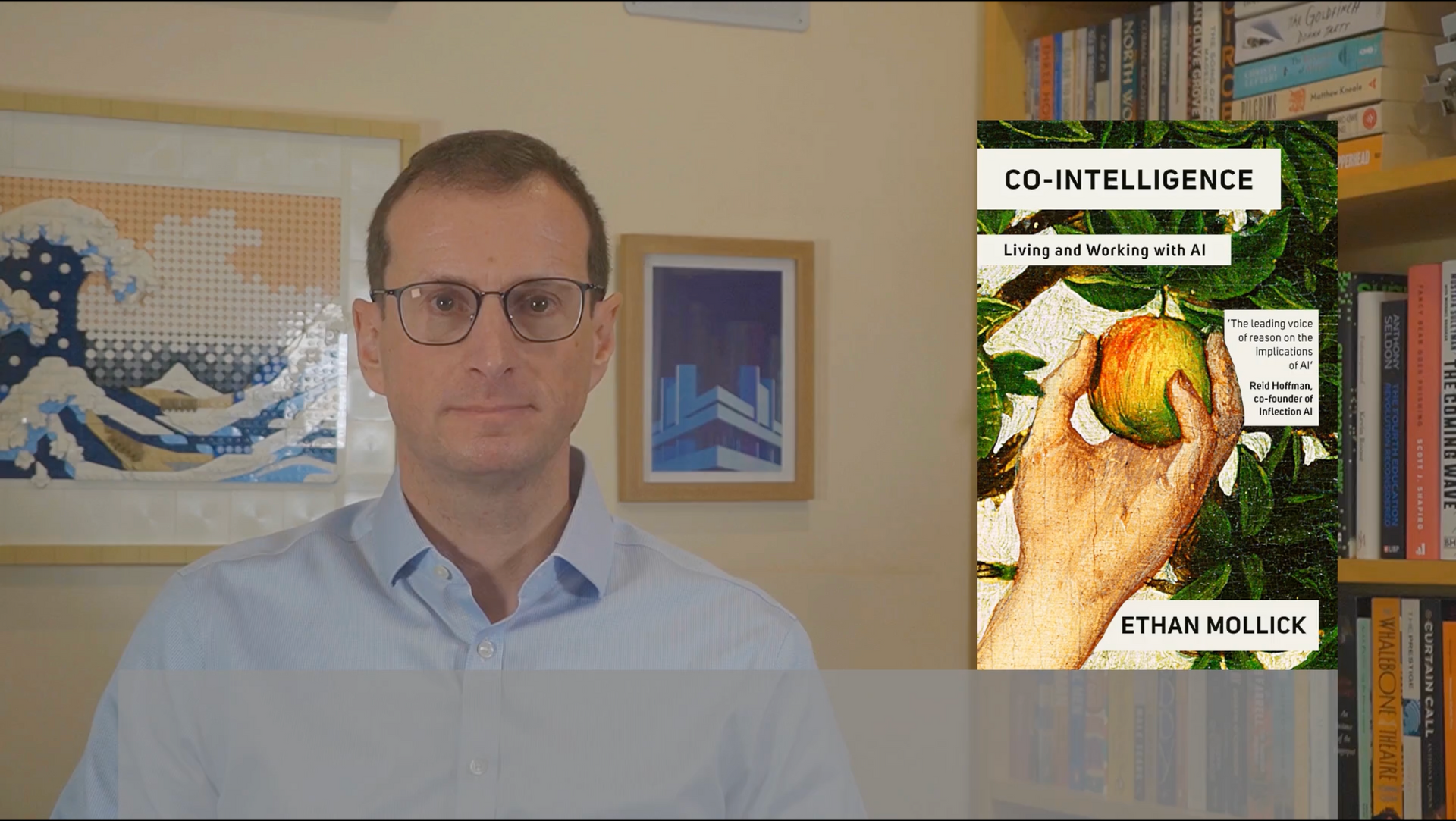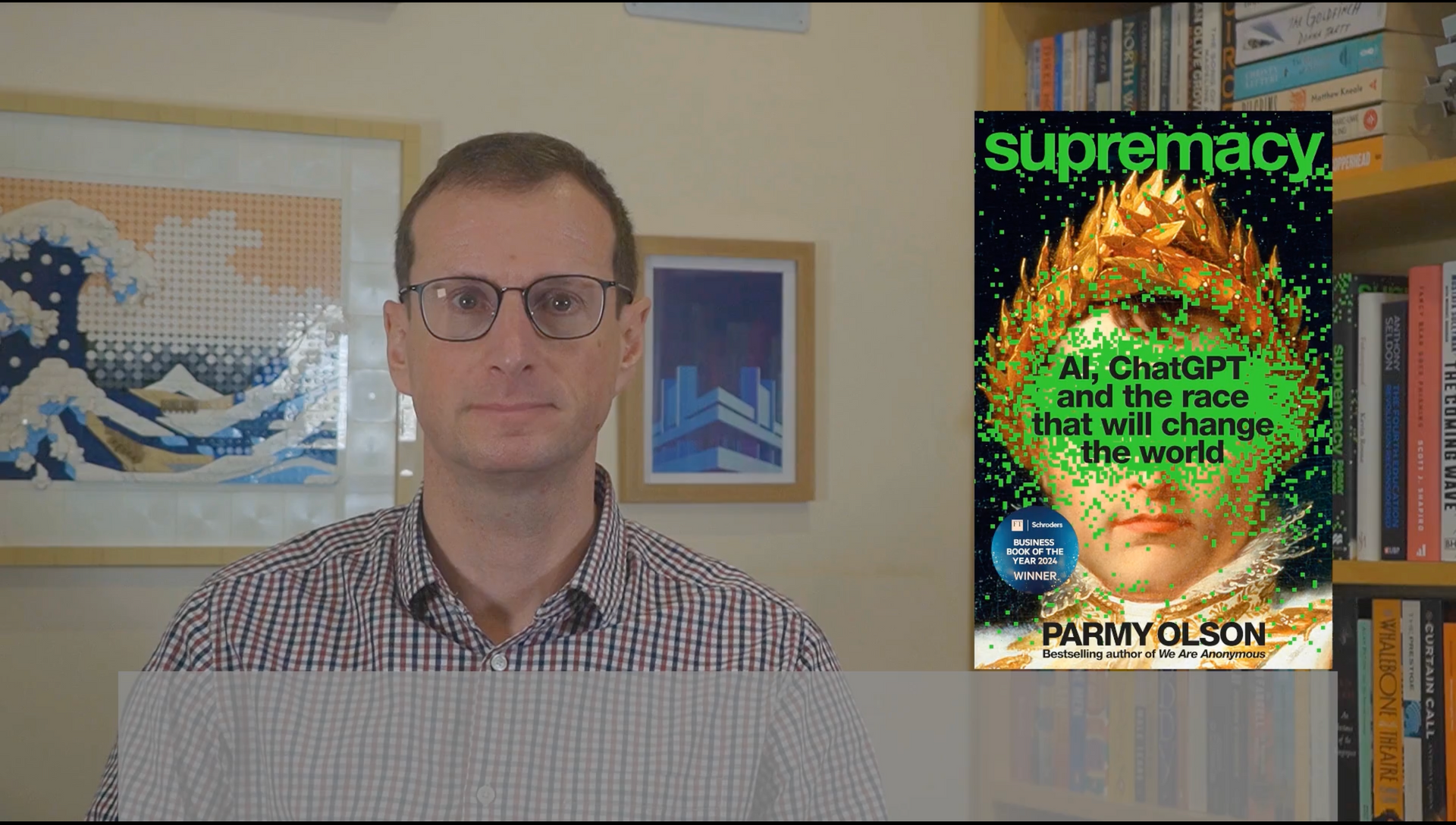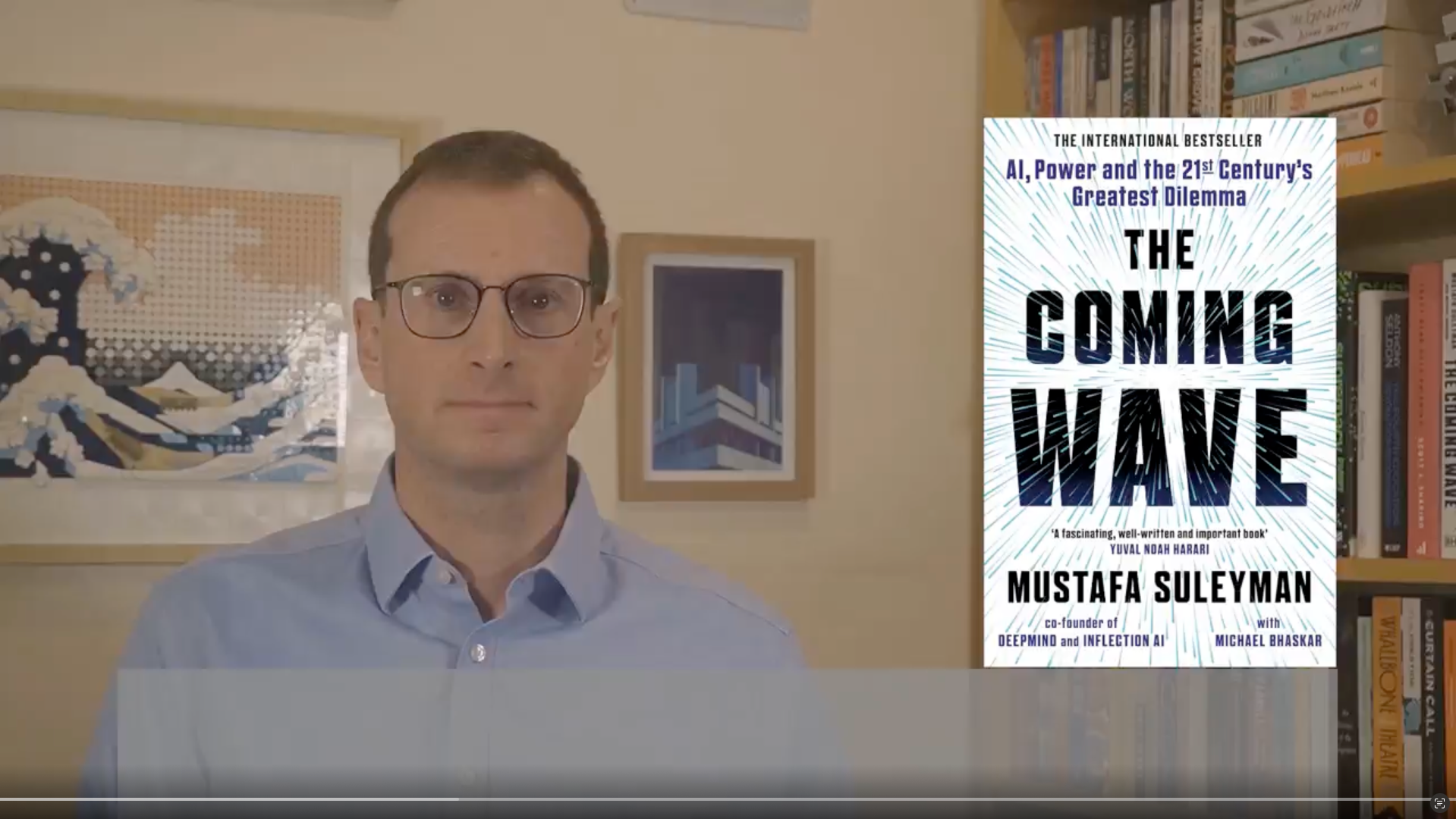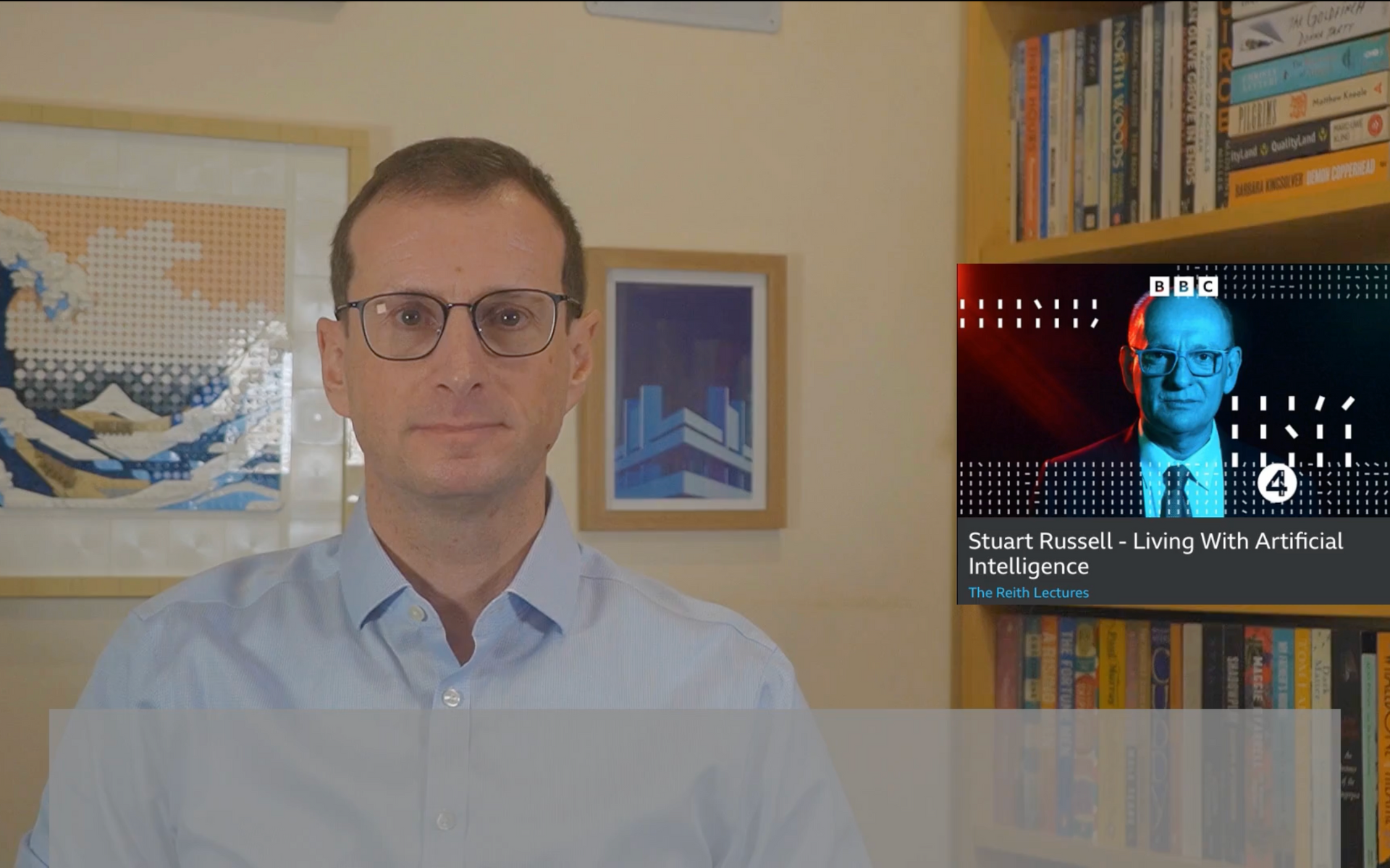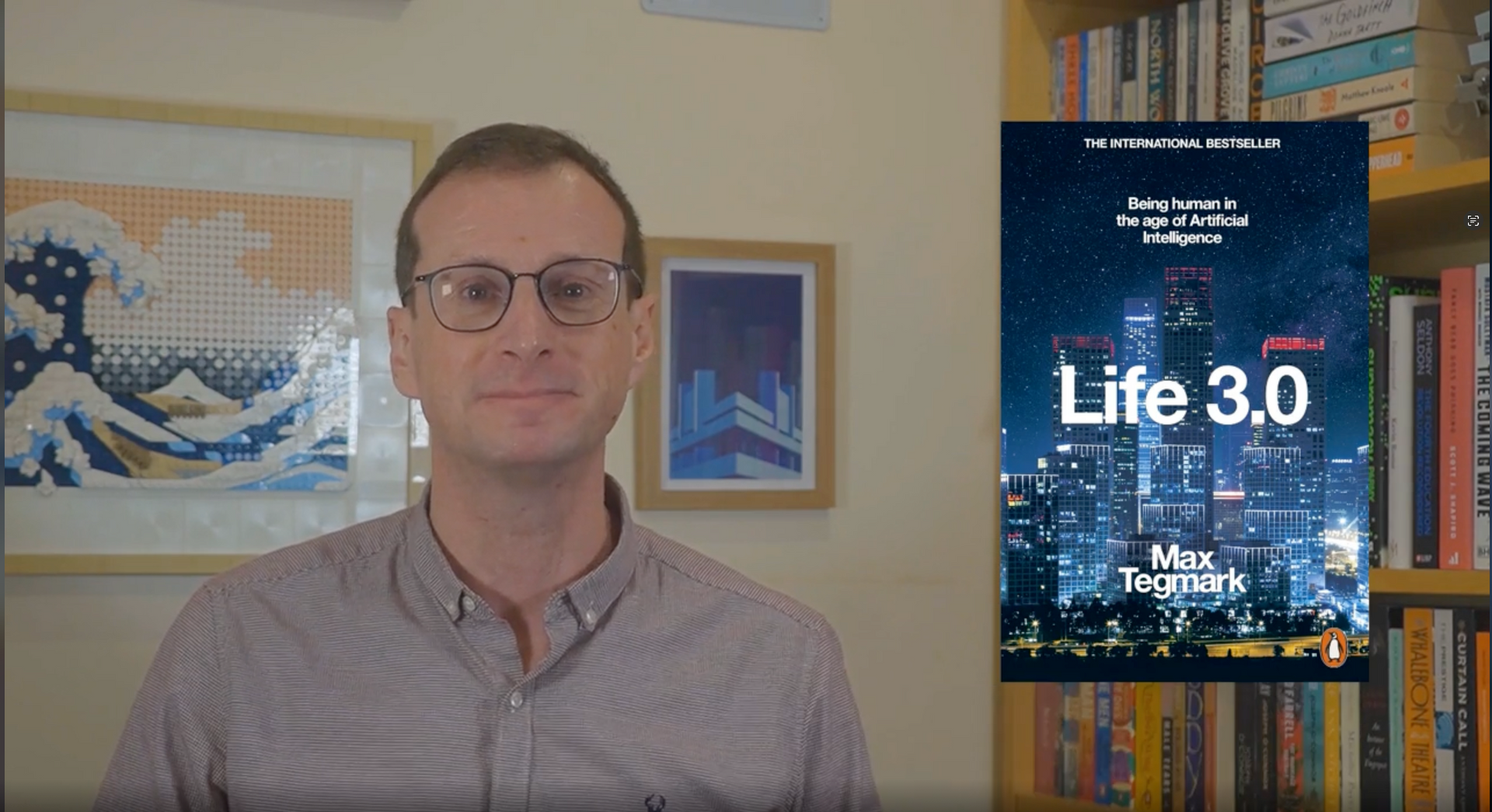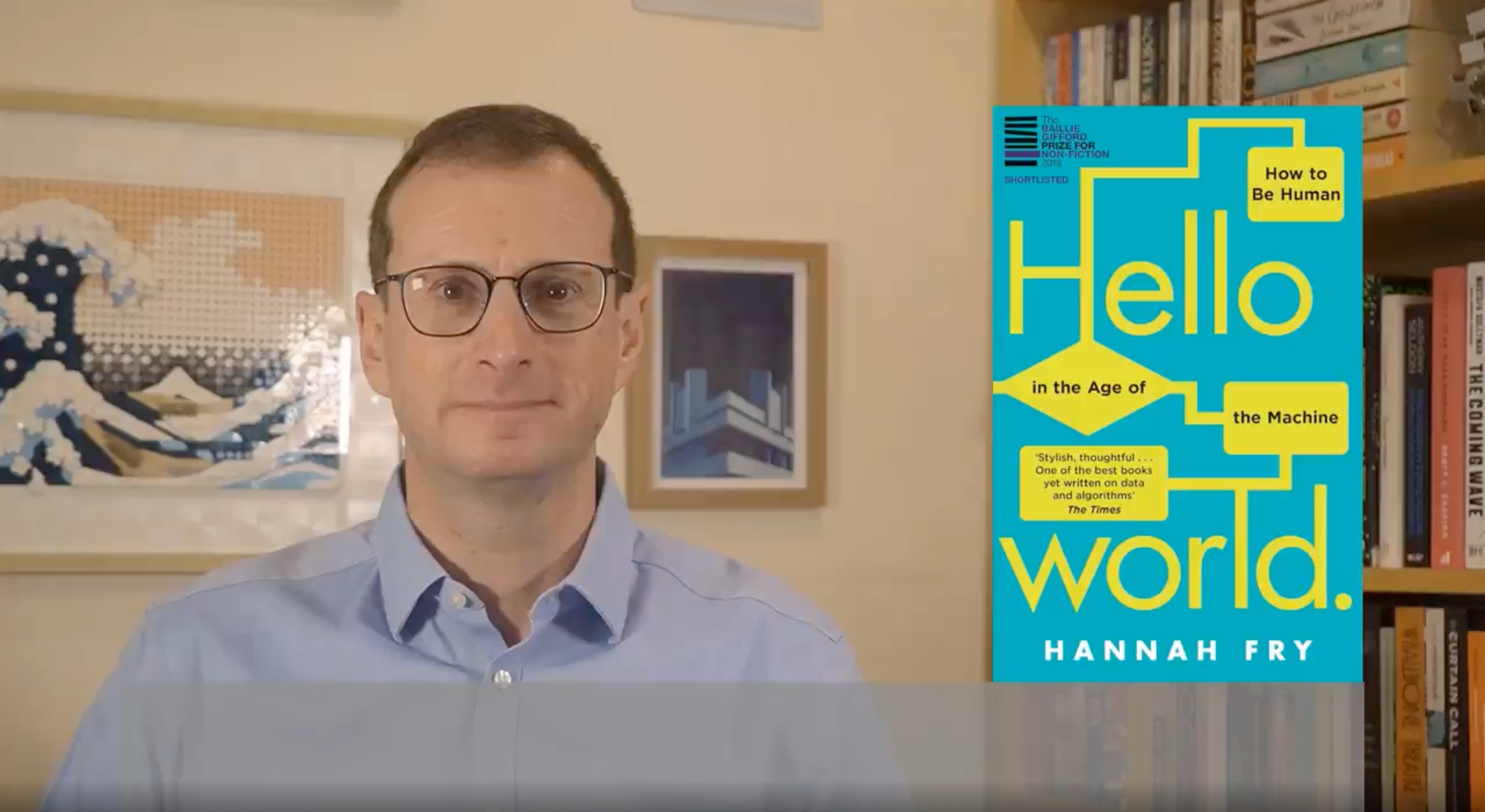Are you looking for something 'darkly funny and genuinely shocking'?
Book review: 'Careless People' by Sarah Wynn-Williams
Are you looking for something 'darkly funny and genuinely shocking'? If you are then, according to The New York Times, you've come to the right place...
A few days ago, Sarah Wynn-Williams, ex-Director of Global Public Policy for Facebook, published "Careless People", an explosive account of her seven years with the business.
This is more than an attempt to dish the dirt on office politics (although there's quite a lot of that too). This is a detailed account of incidents when there was a total breakdown in Facebook's governance and ethical structures at the highest level.
At a time when tech leaders in the US are being made exempt from regulation, this book provides compelling evidence as to why the EU's model of AI regulation is essential.
Fortunately, this is a page-turner so I've been able to incorporate it into my latest "AI: Ethics & Governance" workshop which ran today!
